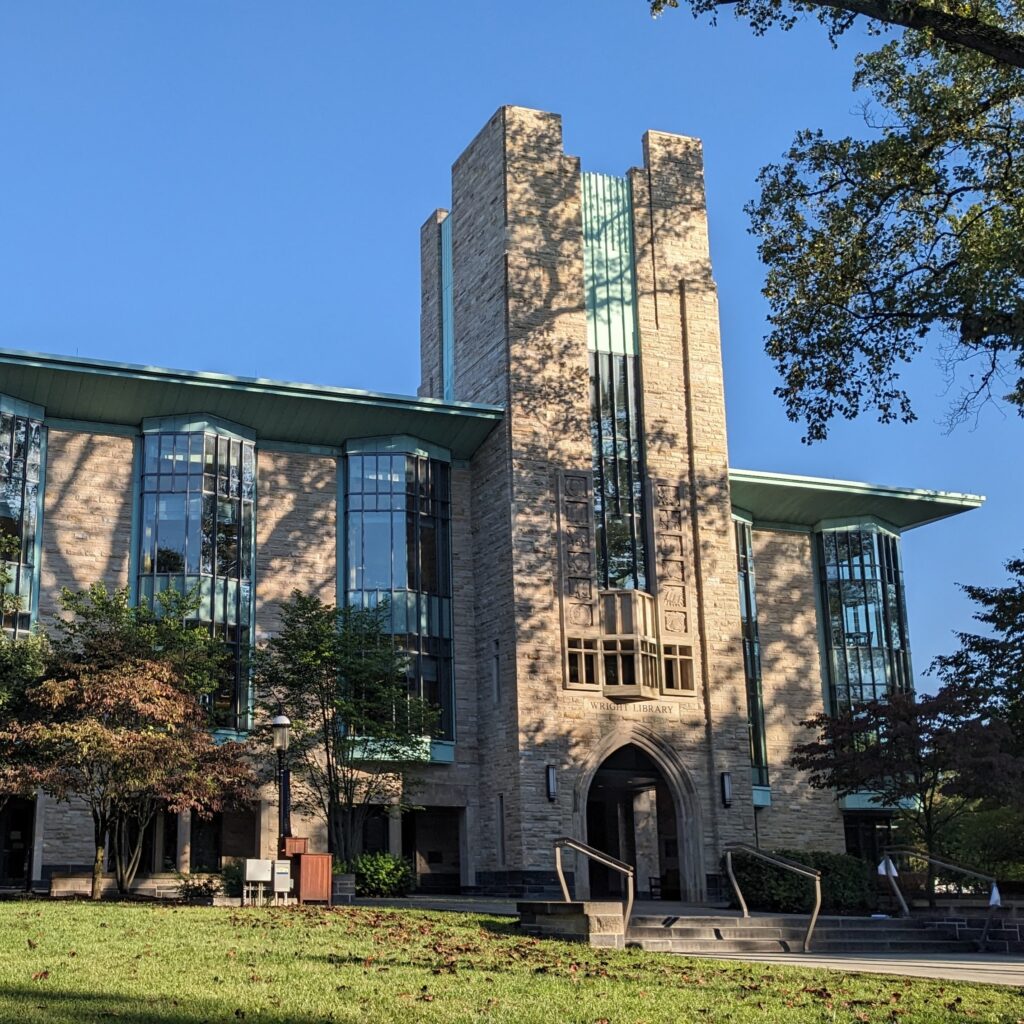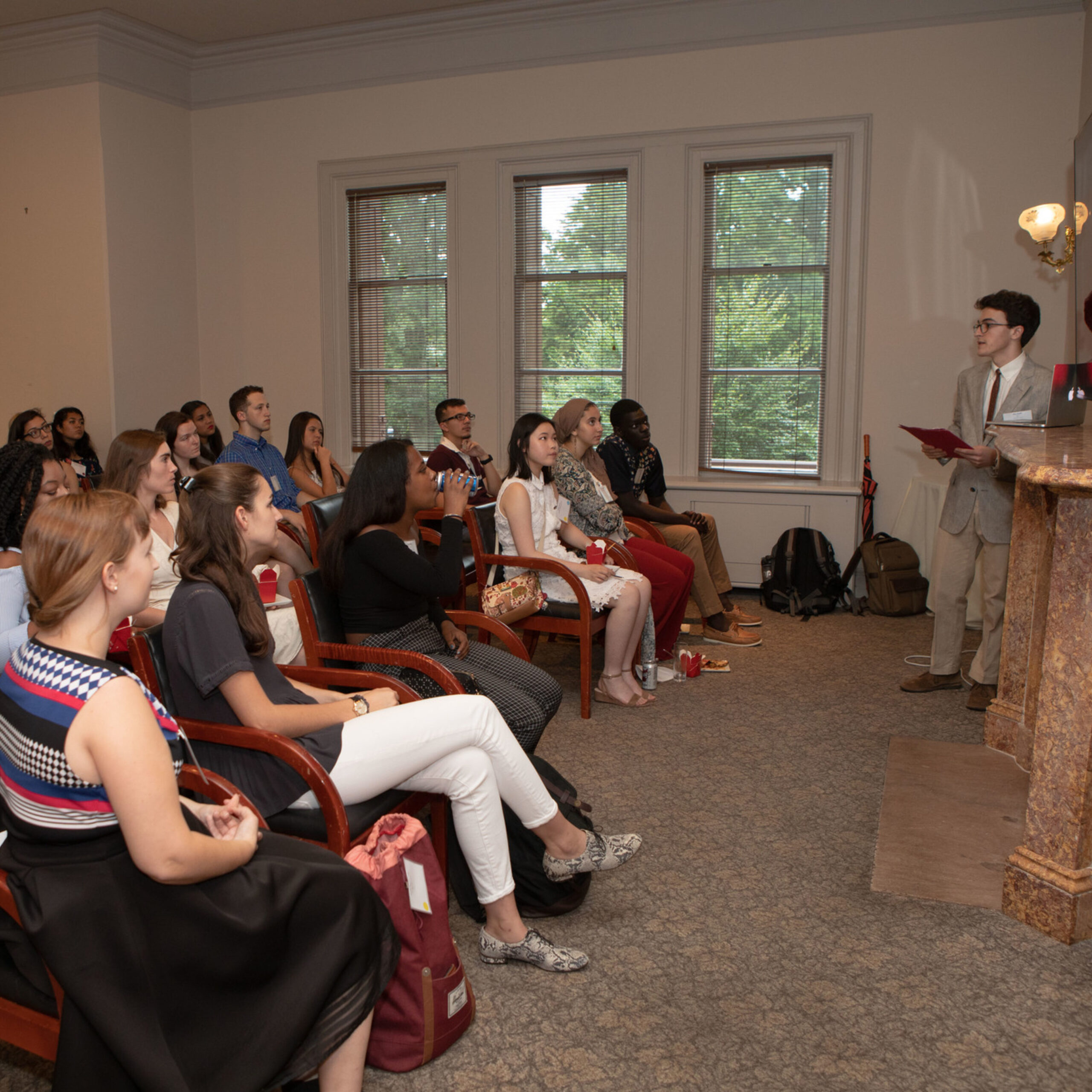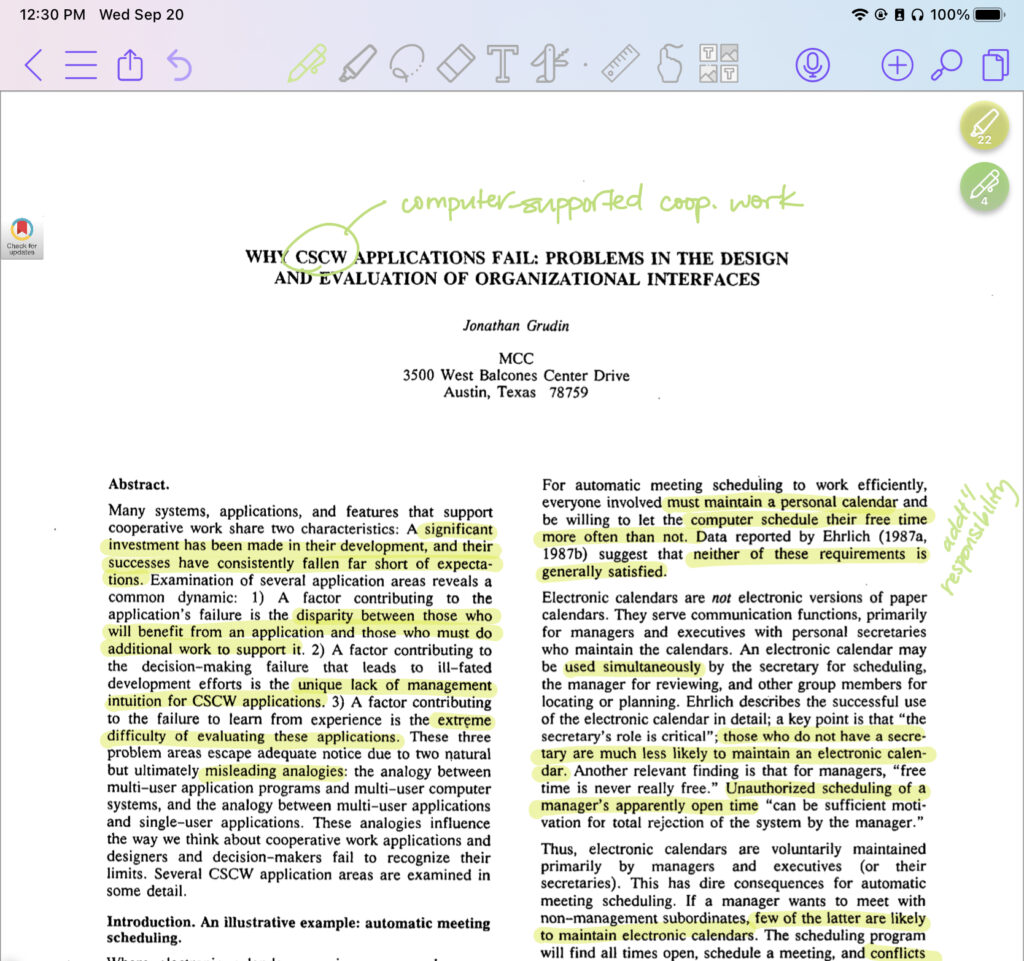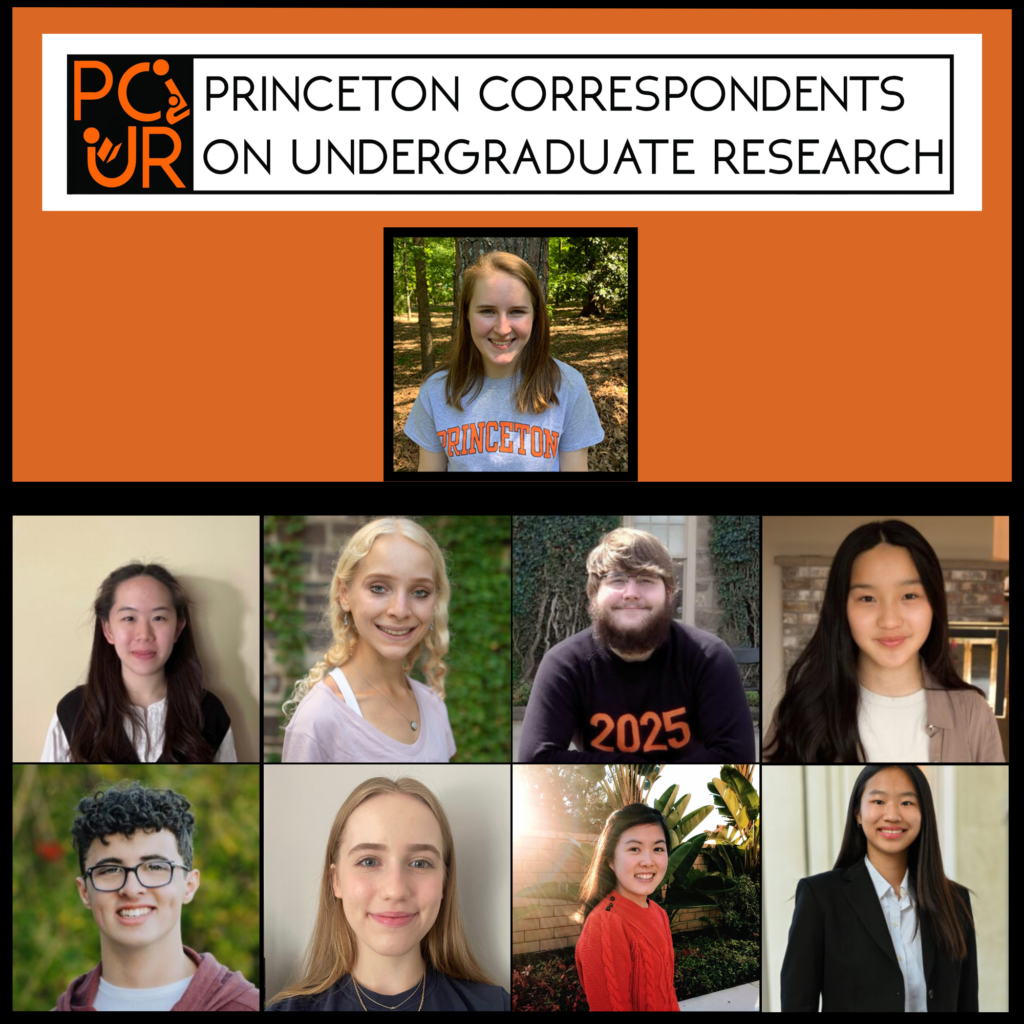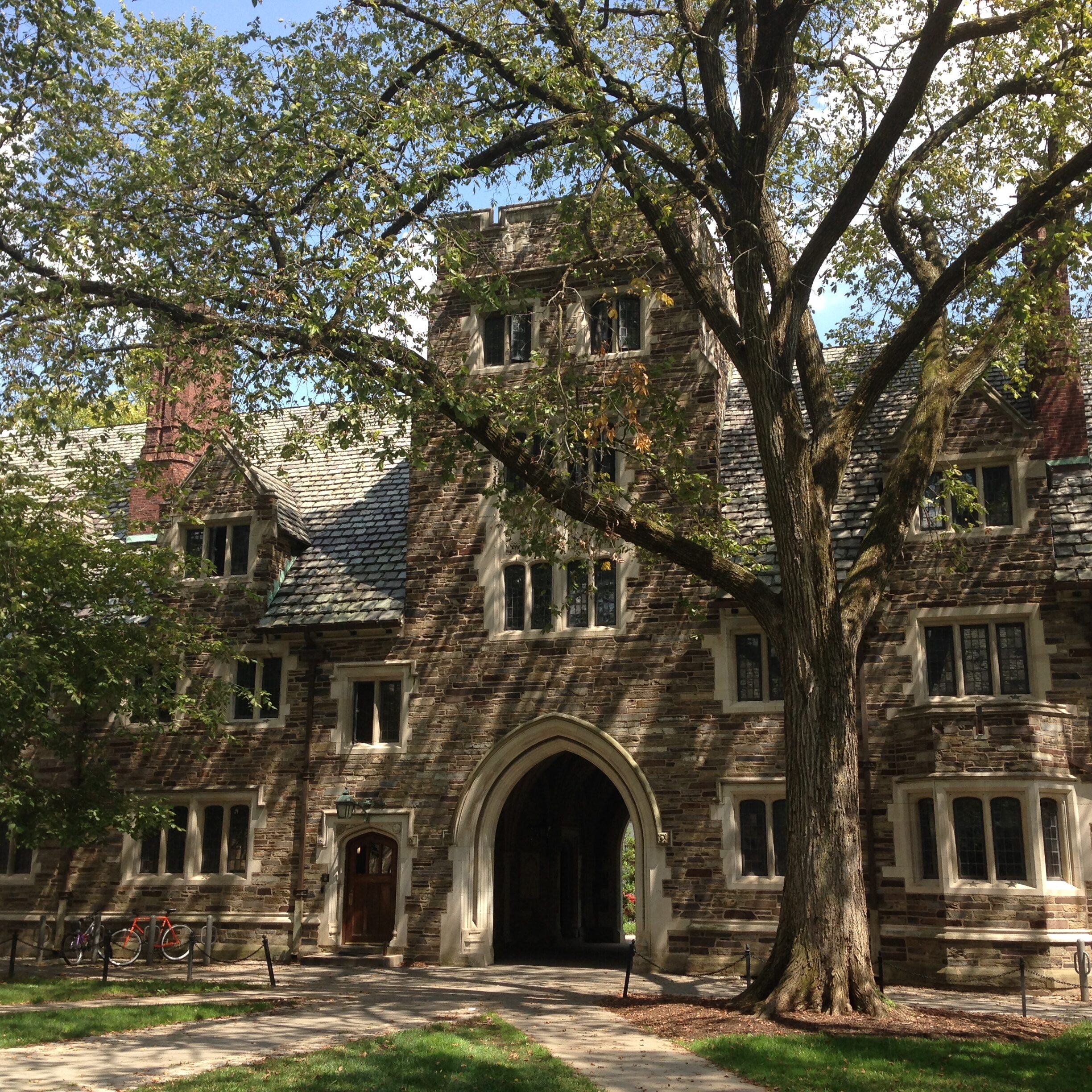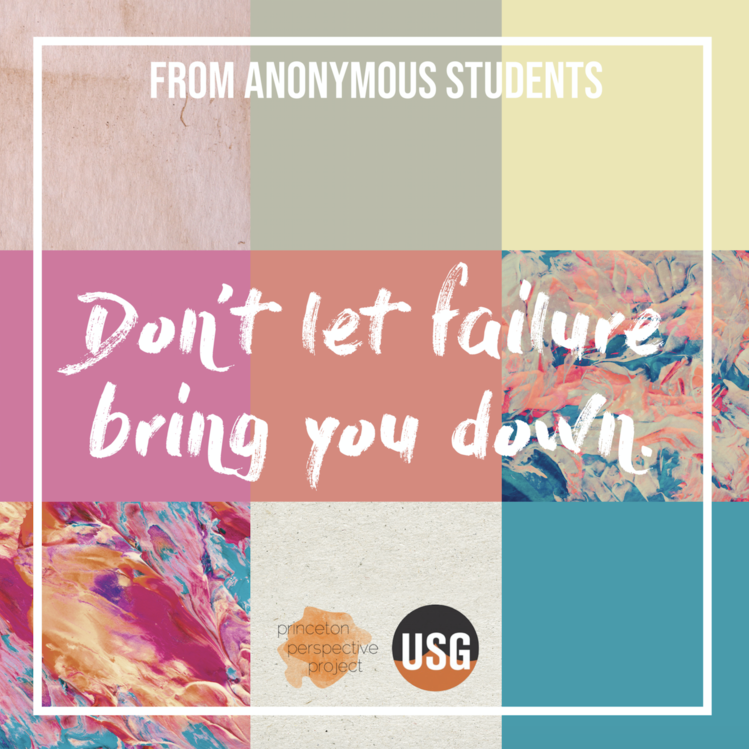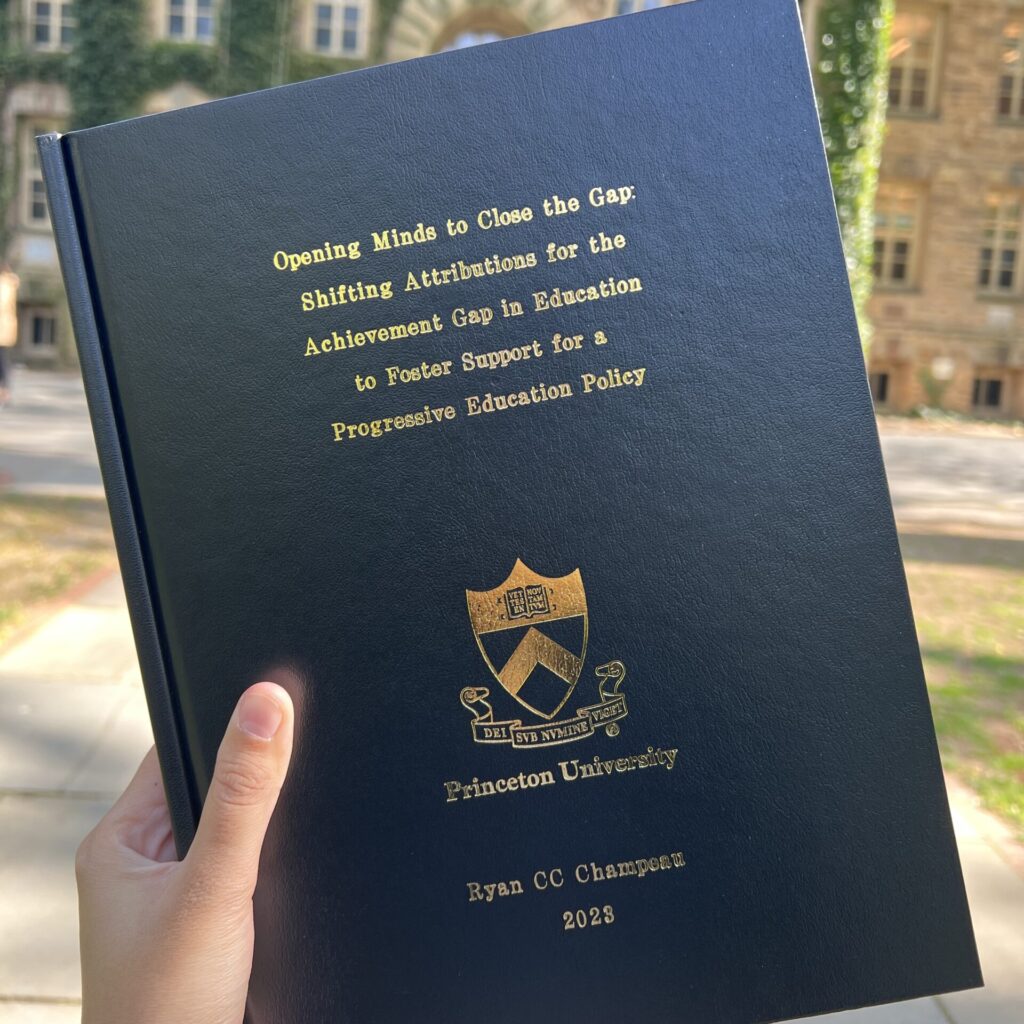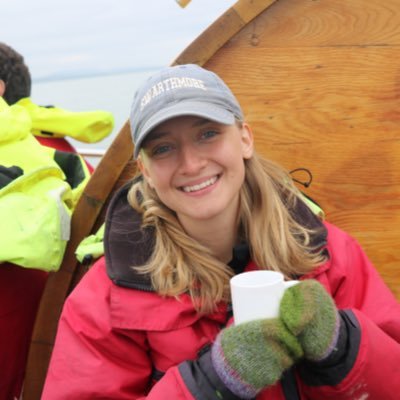When I first walked through the doors of Theodore Sedgwick Wright Library at Princeton Theological Seminary (PTS) on a sweltering September day a few weeks ago, I was struck by three things: the great size of the library, the small number of students there, and its remarkably-strong air conditioning. As I set my things down and cooled off in a quiet study area, I began to work on an assignment for one of my classes. My gratitude for the engineers who designed the building’s cooling system was quickly superseded by my admiration for those who worked together to produce the largest theological library in America and the second largest in the world after the Vatican Library in Rome.
Theodore Sedgwick Wright Library is the main library at Princeton Theological Seminary.
Continue reading Wright Library: An Under-utilized Resource for Students
